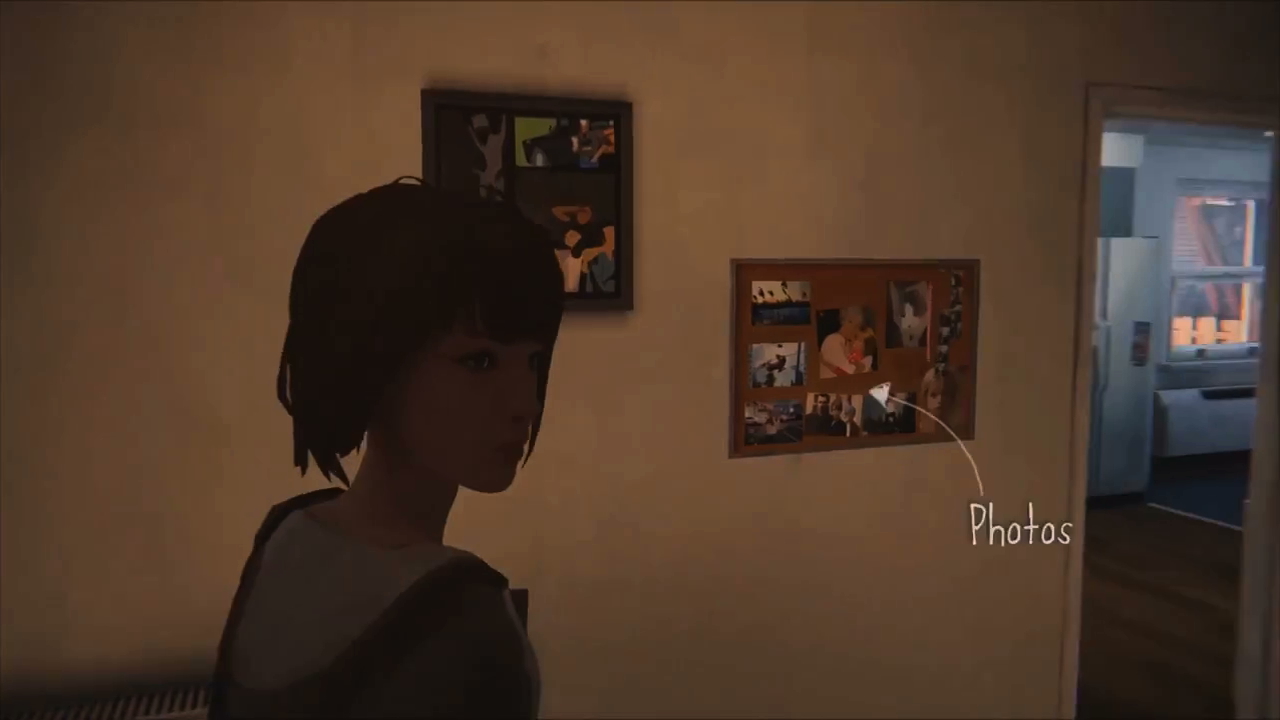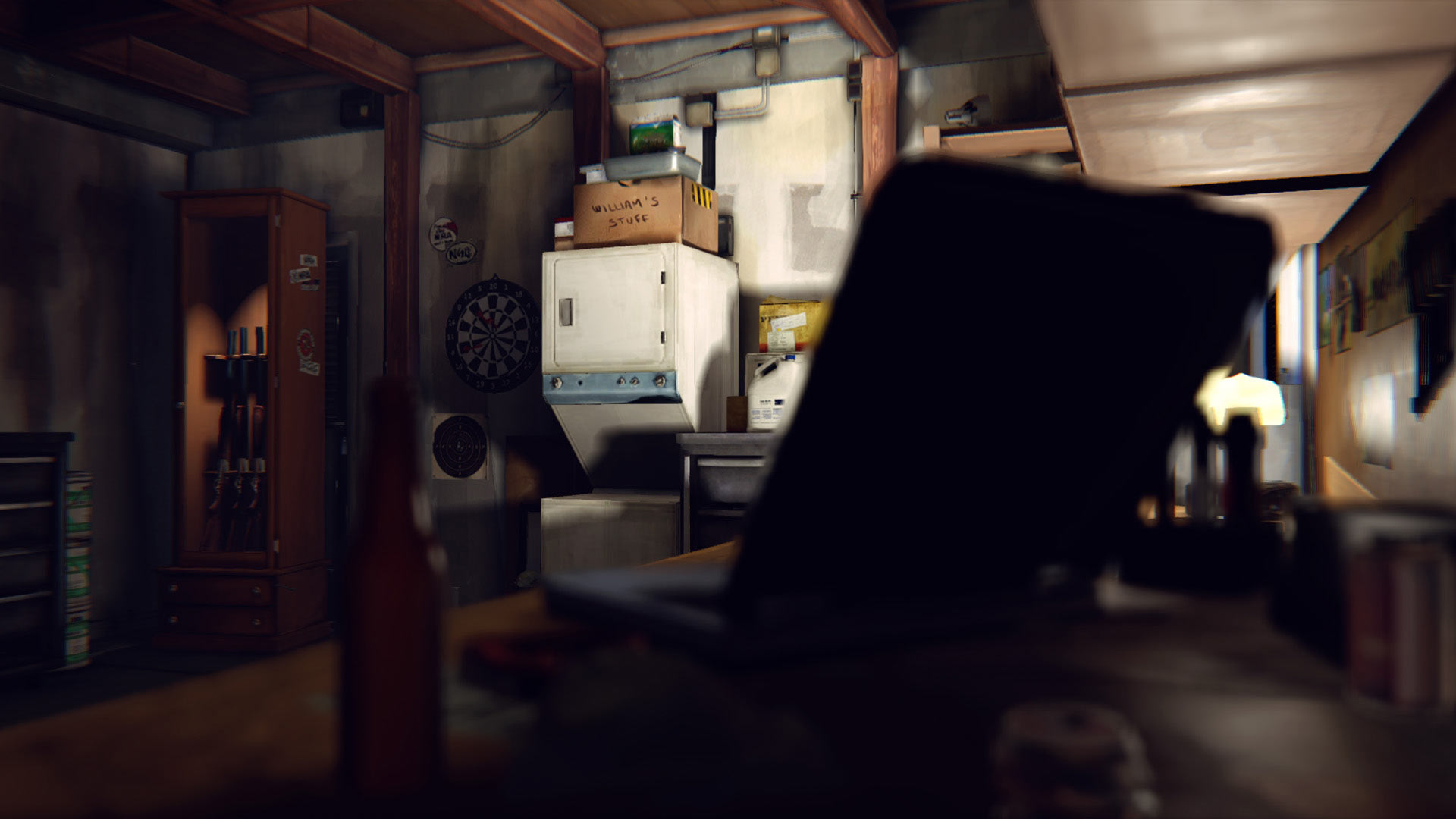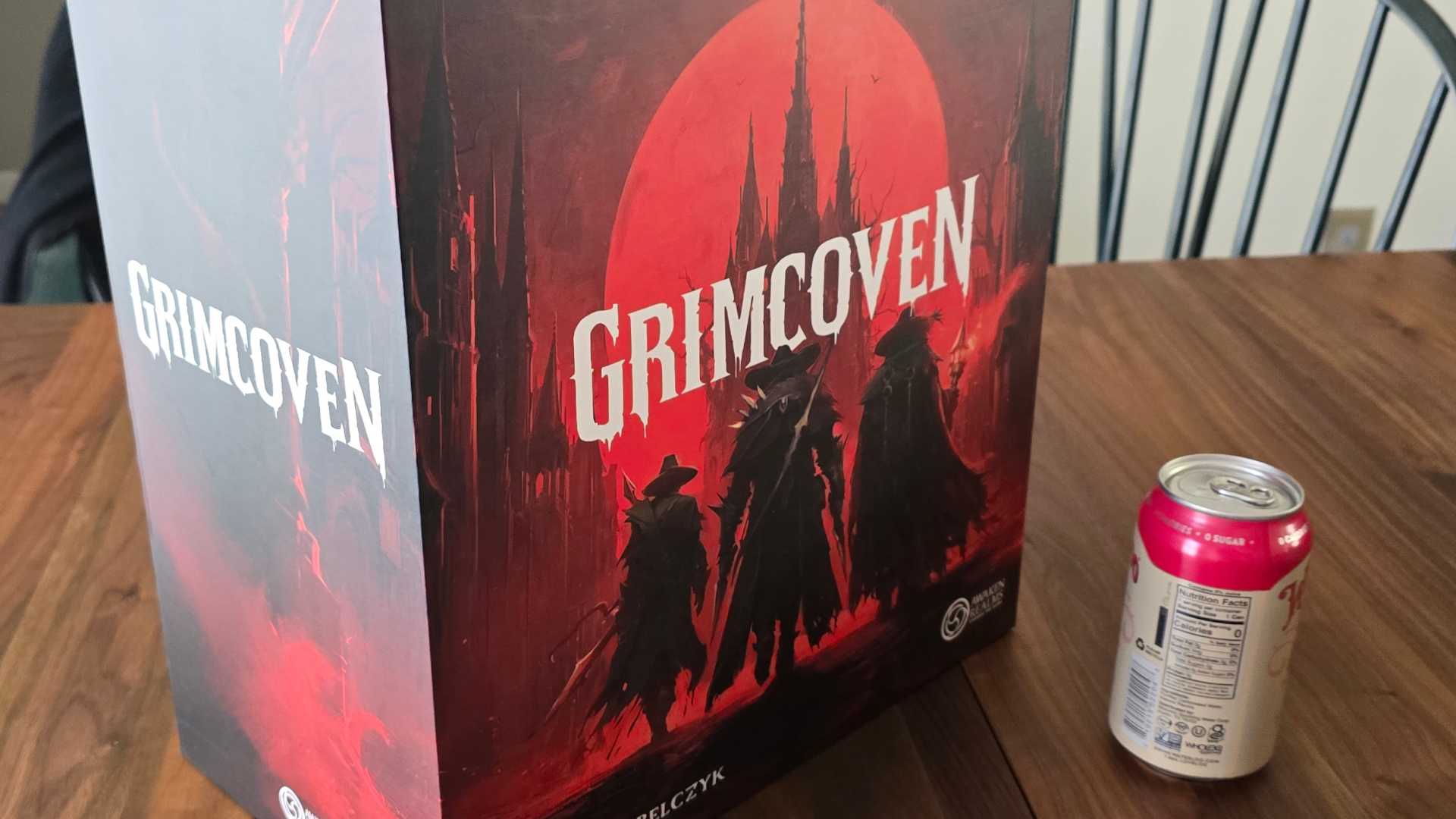Life is Strange: An entirely realistic tale of teen trauma and time-bending

Turn back the clock
Because Life is Strange, the brand new, episodic adventure game from Remember Me developer Dontnod, isn't taking the grandiose, superheroic approach to temporal tomfoolery. Rather, it integrates its clock-bothering malarkey into an otherwise entirely naturalistic tale of estranged childhood friendships, troubled parent/offspring relationships, and the strains of becoming an adult amid the numerous traumas of school, small towns, and non-ideal peer groups.
There is a central mystery at the core of the story, namely one relating to the recent disappearance of a local girl, but however that plays out, the game's refreshingly matter-of-fact, personal, and introspective treatment of its content already gives me high hopes for an unusually engaging tale. Playing like a quiet, sedate version of Telltale's The Walking Dead, it concentrates its time-warping not on epic, world-saving situations, but on the fixing of minor but important mistakes.
The careless screwing over of a friend with a panicked, badly thought-out dialogue choice can be undone. The whole preceding scenario can be struck from the record by going back a little further. Environmental puzzle solutions can be reverse-engineered by coming to understand their causality backwards. And all of this is wrapped up in a quietly thoughtful--but thankfully non-angsty--vibe of underplayed humanity. However much the game's core mechanic might flagrantly break the fundamental laws of physics, it's all to the end of making little, but hopefully far reaching, improvements in its very real characters' very real lives.

In the preceding five years, Chloe has changed drastically, going off the rails after her fathers death

The games important story triggers seem to lead as much to quiet, emotional revelations as major story progression

Former (and long-time) GamesRadar+ writer, Dave has been gaming with immense dedication ever since he failed dismally at some '80s arcade racer on a childhood day at the seaside (due to being too small to reach the controls without help). These days he's an enigmatic blend of beard-stroking narrative discussion and hard-hitting Psycho Crushers.
Weekly digests, tales from the communities you love, and more
You are now subscribed
Your newsletter sign-up was successful
Want to add more newsletters?

Every Friday
GamesRadar+
Your weekly update on everything you could ever want to know about the games you already love, games we know you're going to love in the near future, and tales from the communities that surround them.

Every Thursday
GTA 6 O'clock
Our special GTA 6 newsletter, with breaking news, insider info, and rumor analysis from the award-winning GTA 6 O'clock experts.

Every Friday
Knowledge
From the creators of Edge: A weekly videogame industry newsletter with analysis from expert writers, guidance from professionals, and insight into what's on the horizon.

Every Thursday
The Setup
Hardware nerds unite, sign up to our free tech newsletter for a weekly digest of the hottest new tech, the latest gadgets on the test bench, and much more.

Every Wednesday
Switch 2 Spotlight
Sign up to our new Switch 2 newsletter, where we bring you the latest talking points on Nintendo's new console each week, bring you up to date on the news, and recommend what games to play.

Every Saturday
The Watchlist
Subscribe for a weekly digest of the movie and TV news that matters, direct to your inbox. From first-look trailers, interviews, reviews and explainers, we've got you covered.

Once a month
SFX
Get sneak previews, exclusive competitions and details of special events each month!




